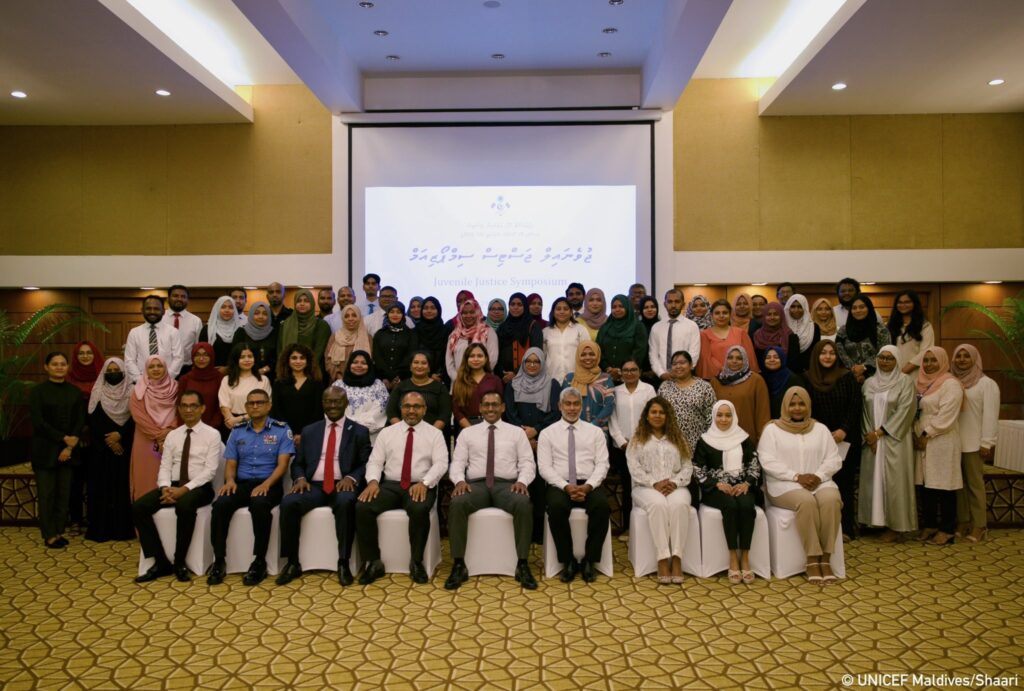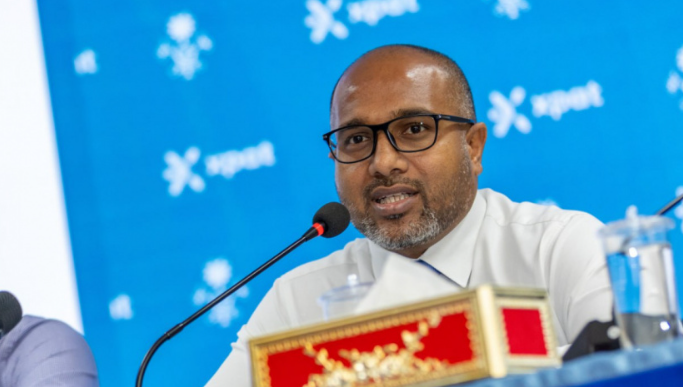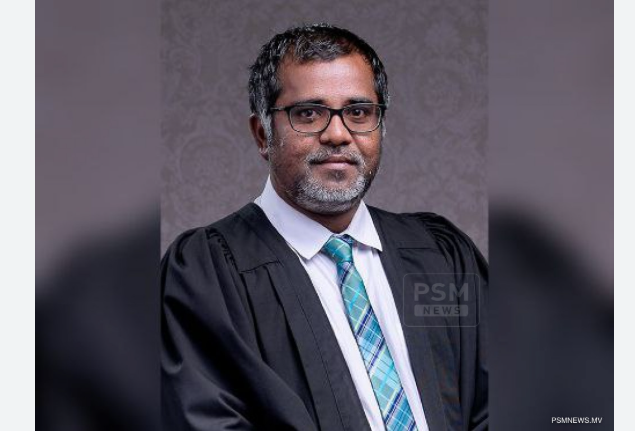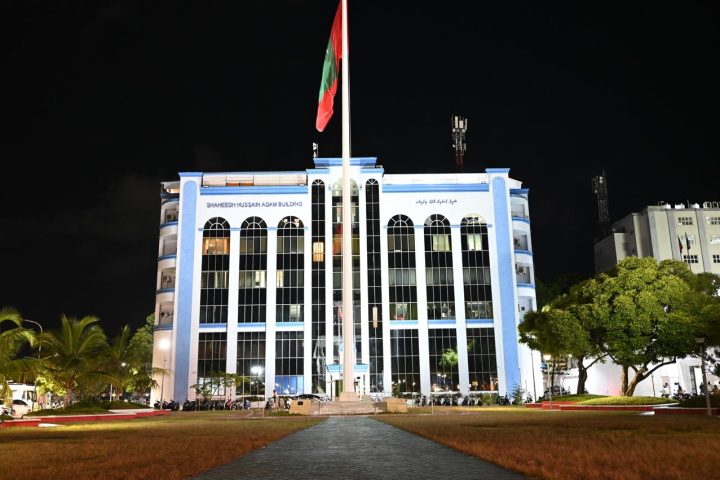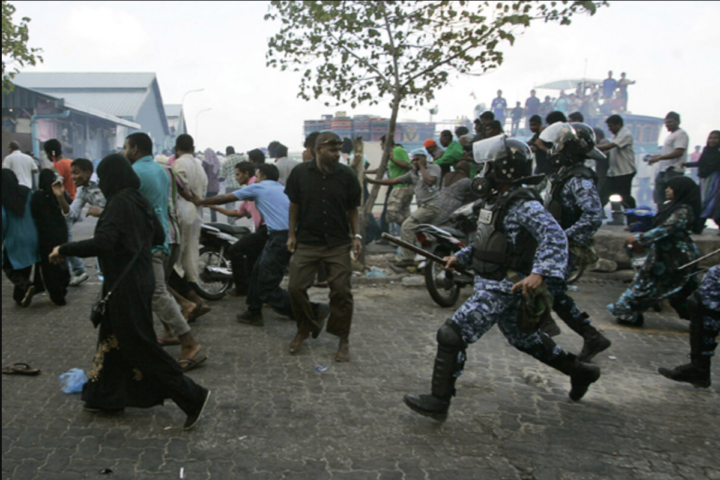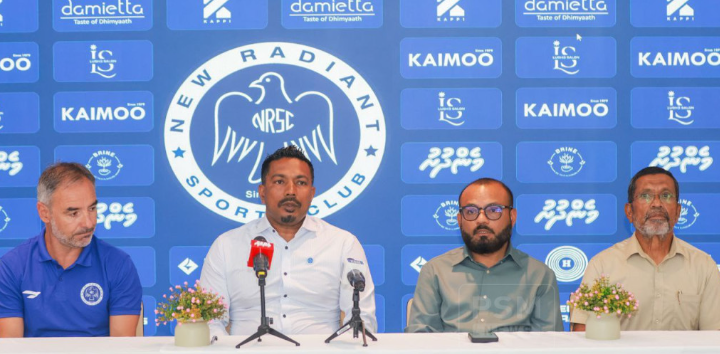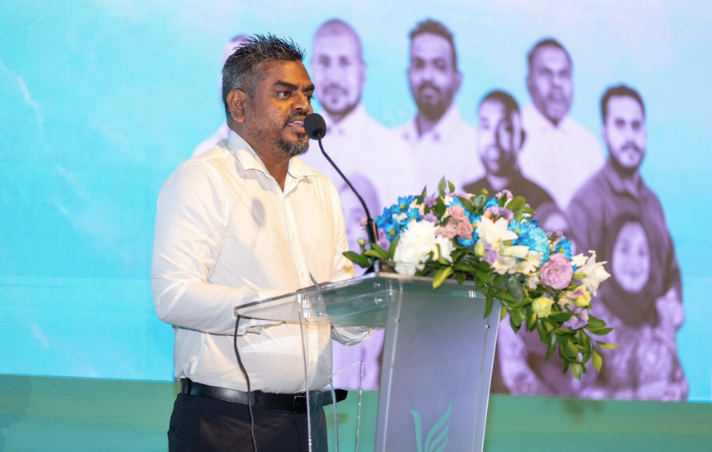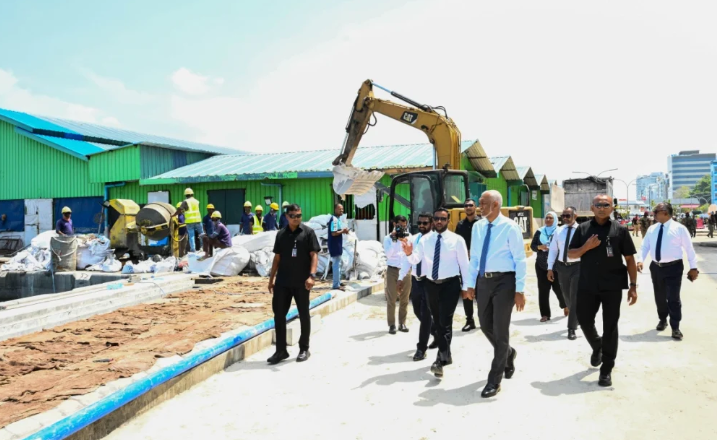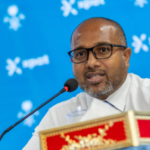In a concerted effort to tackle the complex issues surrounding juvenile delinquency, the juvenile justice stake holders are meeting in a three-day “Juvenile Justice Symposium” at Bandos Maldives. The symposium, attended by key stakeholders including the Ministry of Social and Family Development, Home ministry, Juvenile Justice unite, Judiciary, Ministry of Education, Prosecutor General’s Office, Maldives Police Service, and others, aimed to identify challenges in the implementation of juvenile justice laws and foster collaboration among institutions.
Homeland Minister Ali Ihsaan, addressing the symposium, expressed concern over the exploitation of special protections granted to juvenile offenders under the Juvenile Justice Bill. He highlighted a significant gap between the evolving tactics of criminals and the relatively stagnant state of the law, with minimal amendments since 2019. Minister Ihsan emphasized the urgency of prioritizing necessary amendments to close loopholes that criminals exploit with greater familiarity than some institutions possess.
“In such a sensitive matter, only one amendment has been brought since 2019. All our law enforcement agencies are talking about… the things that need to be amended in this law. This is not given priority,” noted Minister Ihsaan.
He urged symposium participants to formulate action plans that facilitate seamless collaboration among state institutions. Minister Ihsan underscored that the ultimate goal is not merely rehabilitation but a proactive approach to identify and address the vulnerabilities that lead children into a life of crime.
“Our objective is not to hold this market and always give someone rehabilitation treatment. Tomorrow we will empty the society of children who are vulnerable to crime. Identify where children can be vulnerable and find solutions. Rehabilitation is an expensive stage. You have to work hard,” he stated.
Beyond the symposium, Minister Ihsaan, on January 18, shared insights on an initiative to designate a separate island for the long-term care of children involved in or at risk of committing crimes. The objective is to curb the involvement of children in gang crimes and drug trafficking, redirecting their paths through comprehensive care and skill-building programs.
The discourse on juvenile justice in the Maldives expands beyond symposiums and ministerial statements. A recent research paper titled “Disengagement of Maldivian Youth: A public perception study” by the Maldives National University delves into public perceptions and sheds light on the multifaceted challenges contributing to youth crimes.
According to the study conducted in October 2022, the key factors contributing to juvenile delinquency include dysfunctional home environments, inadequate parenting, and gaps in the justice system. The research also underscores limited opportunities for youth in areas such as higher studies, employment, and engagement in productive activities, often leading to repeated offenses.
These findings hold crucial implications for policymakers, caregivers, parents, and communities. The study suggests a need for comprehensive strategies that prepare school leavers for skill-based jobs, offer career guidance, provide counseling, and create supportive environments for engagement in leisure and sports activities.
Minister Ihsan’s proposed measures to stop the involvement of children in gang crimes and drug trafficking involve taking children between the ages of 15 and 18 into the custody of the ministry. This initiative, which may commence in Dh. Vaanee, an inhabited island under Maldives Police Service, aims to provide long-term care for children exposed to crime. Families will have the opportunity to visit the island and participate in programs designed to teach children skills in various jobs. The collaborative effort includes the police, MNDF, Ministry of Education, Ministry of Family and Gender, Ministry of Islamic Affairs, and the Homeland Ministry.
As the Maldives grapples with the nuanced challenges of juvenile justice, the symposium, research findings, and proposed measures serve as critical touchpoints, urging a collective and proactive approach to create a more secure and supportive environment for the nation’s youth.
